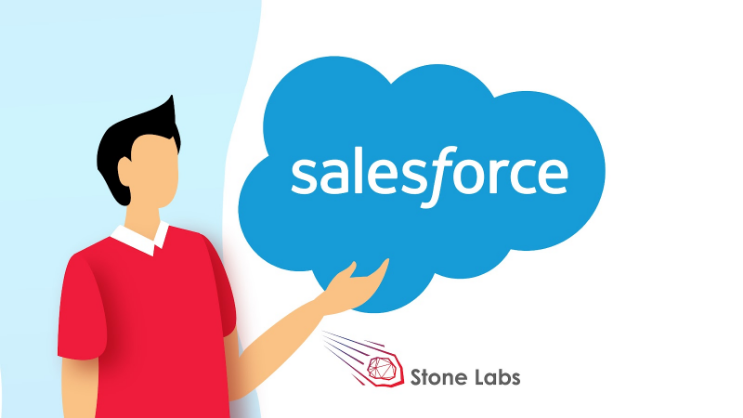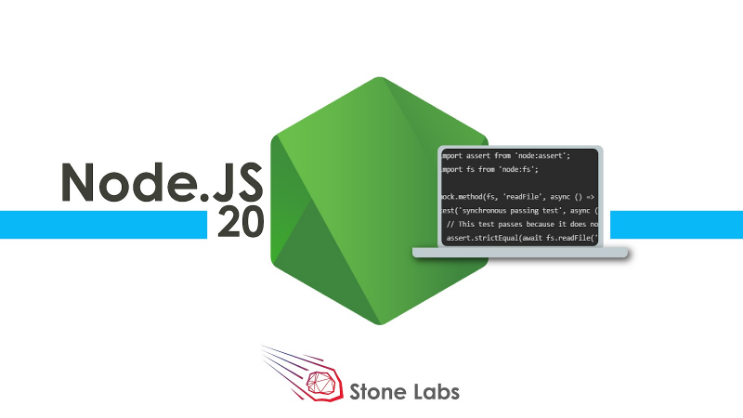As a startup, finding the right developers can be a daunting task. Whether you are just starting out or already have a few employees, building a team of developers who can bring your vision to life is crucial. In this article, we’ll explore different options for finding developers for your startup, and discuss the advantages and disadvantages of each approach.
The first option is to look for single, standalone developers. You can search for them on sites like Upwork or TopTal. These platforms allow you to browse through a wide range of developers with different skill sets and hourly rates. You can also reach out to developers on LinkedIn or other professional networks. This approach can be cost-effective, especially if you don’t have a large budget to work with. However, it can also be time-consuming, as you’ll need to screen and interview each applicant individually.
The second option is to apply to team-gathering services like A-team or MVPMatch. These services focus on building teams of developers for startups. They have a pool of vetted developers with different skills and experience levels, and can help you build a team quickly. This approach is also cost-effective as you pay the service provider for the complete team and not each developer. However, the development process might not be fully customized to your startup requirements.
The third option is to apply to a startup development agency or outsourcing company. These companies focus solely on building custom software products for startups. They have a team of developers, designers, project managers, and other professionals who can work together to bring your vision to life. This approach is quicker, and the development is more tailored to your startups’ needs. However, it can be a bit expensive as compared to the previous options.
At Stone Labs, we help startups by gathering customized teams for each startup according to their specific requirements. We understand the startup world and its unique challenges. We work with a wide range of technologies and languages, and our focus is on delivering high-quality solutions that help our clients succeed. Our goal is to help startups overcome their unique challenges by building customized software products that are effective and efficient.
Here are some examples of startups that were developed with our help and gained significant investments ( up to $3M! ):
https://www.leggup.com/
https://www.drivelinebaseball.com/
https://inspired.edu.au
In summary, finding developers for your startup can be a challenging task. But with the right approach and team, you can make it happen. Your approach to finding developers may depend on your budget, timeline, and specific needs, and it’s important to consider the advantages and disadvantages of each approach. At Stone Labs, we offer startups a chance to gather their own teams of experts and a custom development process according to the needs of each business.




